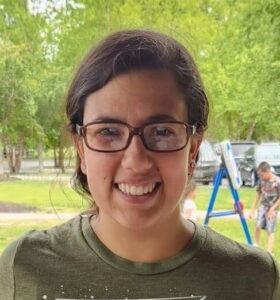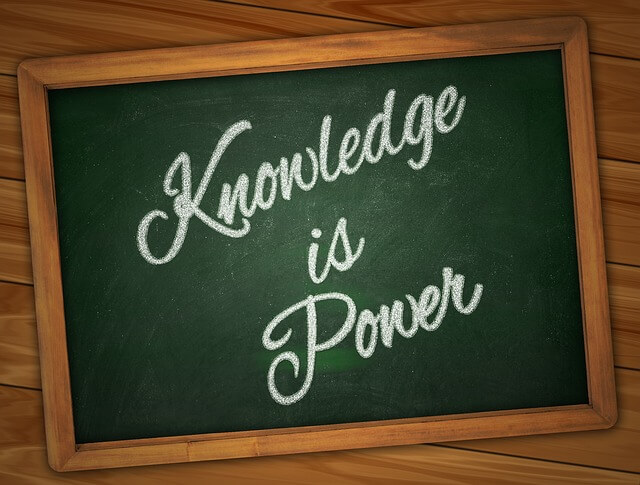The school year is wrapping up for nearly everyone. The weather is warm, graduation parties are happening, and public-school kids are invading the parks at alarming rates. Maybe you have been done homeschooling for weeks now, or maybe you rushed to get your portfolio turned in before the June 30th deadline.
When my kids are asked about their summer break, they respond begrudgingly that they don’t have a summer break: “We will never be done with school.” With a smile and a hug, I remind them, “No, we will never be done with learning.”
Yup, we’re one of those families. We homeschool year-round.
Yes, it’s hard. Yes, I’m tired. Yes, I have other things to do. Yes, the kids fight me about it. But my husband and I have found it to be immensely valuable, not just for the sake of education, but for the sake of these little people that we are raising.
Today, I’d like to give you some insight on what schooling year-round does and does not mean.
Schooling year-round does NOT mean there are no breaks. As a matter of fact, we take more breaks. We slow down to just core subjects or subjects that are a serious struggle over the summer. But continuing to work at it means that we have the flexibility during the “typical” school year to take days off as we need. There is even a growing trend to move toward four-day weeks with longer years in public schools around the world. In our family, we have found that taking every other Friday off from school is extremely helpful. It allows for time away from the books and even a built-in field trip day. We plan weekend excursions, long errands, or even just a teacher in-service day for me to plan the next leg of their work. Schooling year-round DOES mean flexibility in our scheduling.
Schooling year-round does NOT mean book work all the time. Yes, we do continue to do a few pages of workbook-type learning. Normally, I have each child continue with math and some sort of English. I try to plan in such a way that good effort for thirty minutes is sufficient to get the lesson done. Do we use workbooks? Yes. Is it all day long? Absolutely not. This is especially helpful for those long textbooks that seem to have significantly more pages than could be completed in a typical school year. By continuing to use them year-round, I can finish the books and even start the new ones a little early. Schooling year-round DOES mean making full use of the money spent on textbooks.
Schooling year-round does NOT mean eager learners. I don’t have all eager learners. I have some very reluctant learners. I continue teaching in the summer for both. The eager learners need the mental stimulation that a small amount of schoolwork affords them. My reluctant learners need to persevere in the needed discipline. Requiring both to utilize their minds avoids the typical “summer slump” that uses precious teaching time re-orienting students into the patterns of learning at the beginning of the new school year. Schooling year-round DOES mean mental stimulation and engagement for all kinds of learners.
Schooling year-round does NOT mean a rigid summer schedule. The flexibility afforded us by the extra days of school means that we can take time to dig in the dirt with our science books open or make a mess in the kitchen with a cookbook as our math guide. It means engaging in read-alouds that are so intriguing that we just don’t have to stop them to go do English. This is certainly true for the school year, but the intentionality of continuing to learn over the summer means that we are intentional about time together, too. Our “free time” is spent exploring the world together and seeing the applications to our learning in real time. I can build relationships with my kids in the meeting place of education and fun. Schooling year-round DOES mean continuing the intentional spending of time together.
Schooling year-round does NOT mean that we have no fun. I won’t lie and say that it is always easy or that the kids never complain. I’m not saying that it’s always enjoyable for me or as quick for them as I intend it to be. But that’s life. Life is not only things that are easy or enjoyable or quick. Sometimes life is hard and exhausting and really no fun at all. This is what is means to live in a fallen world. The world post-Eden is full of hard. But we often forget that work was created by God BEFORE the Fall and was included in what He called “good.” Yes, sin in the world has made work much harder, but it has not made work bad. Rather, work is part of the means by which we glorify God and enjoy Him. For adults, that might mean a vocation or trade; for children, part of their work is their education. While I want my children to enjoy their lives, their happiness is not nearly as important to me as their holiness. I want them to grow in the fear of the Lord so that they will know how to face the hardships they will inevitably encounter in their lives. I want to teach them what it means to persevere through a long math worksheet when they would rather be playing in the backyard so that when they have to persevere through a long job assignment, they know they are capable to do so and are glorifying God by their diligence. Schooling year-round DOES mean instilling a theology of work as good and God-honoring.
I’m sure there are both reasons to school year-round and reasons to take a significant summer break. Sometimes these can even be different year-to-year based on particular family needs. I’m not trying to say that my thoughts on the matter are perfect by any means. However, as homeschoolers, we have taken a decided step toward what is best for our children and away from the conventional model of public school. I would suggest that we continue to think this way as we consider the norms of a summer vacation and how we choose to steward our children’s time.



